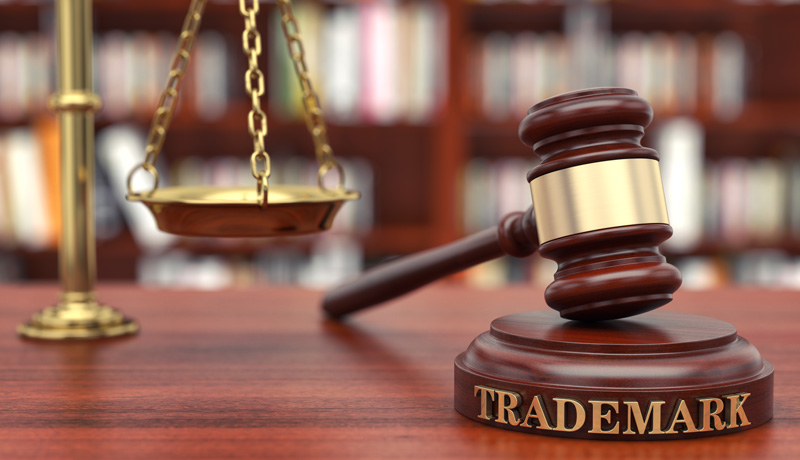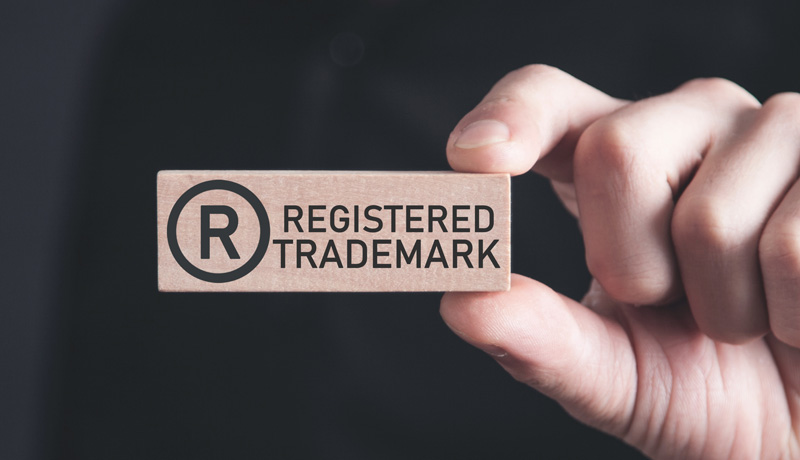Trademark Infringement – Meaning & Tips On How To Avoid It

Trademark Infringement – Meaning & Tips On How To Avoid It
Trademark Act: Overview on types, penalties and case studies related to trademark infringement
- Authors
- Last Updated
- Tags
- Last Updated
- Tags
Share
Table of Contents
- Authors
- Last Updated
- Tags
Any business that wants to succeed in today’s competitive market must-have brand recognition and value. Trademarks are the most straightforward way for you to accomplish this. The Trademarks Act protects registered trademarks in India and specifies the rules for trademark registration and penalties for infringement.
In India, trademark infringement is a cognizable offense, meaning that the offender could face criminal and civil charges. In this article, we discuss about the types of contraventions and how to avoid trademark infringement:.
What Is Trademark Infringement?
The Trademarks Act establishes the laws governing trademark registration, protection, and penalties for infringement in India. Trademarks are treated as intellectual property all around the world.
Trademark or brand infringement occurs when a third party has not been granted permission to use the intellectual property, specifically a trademark of a company/business related to the service or product that the company provides. This may confuse the general public when purchasing that service or product.
What Are The Types Of Trademark Infringement?
When investigating trademark infringement in an offline business or an online marketplace, it’s important to understand that there are two categories of infringement:
1. Direct Trademark Infringement
Direct Infringement occurs when a registered trademark’s exclusive rights are used without permission. It is a type of trademark infringement under the Trademark Act. It includes the following elements:
Unauthorised Access:
- It is considered trademark infringement when a registered mark is used by someone not authorised by the registered trademark owners.
- It is not considered infringement if the mark is utilised with the permission of the registered trademark proprietor.
Identical or Deceptively Similar:
- The unauthorized person’s trademark must be identical to or deceptively similar to the registered trademark. The word “deceptively similar” simply suggests that the average customer may be confused by the marks and mistake them for one another.
- The keyword here is ‘may,’ it only has to be demonstrated that this is a possibility, not that it will happen. It is sufficient to prove infringement if there is a likelihood of misrecognition of the marks.
Registered Trademark:
- The Act protects only trademarks that have been registered under India’s trademark registration.
- To resolve disputes when an unregistered mark is infringed, the common law of passing off is utilised. It is a tort law applied when a person or group of people suffers hurt or damage to their goodwill due to their actions.
Class of Goods or Services:
- Trademark law states that to be considered a trademark infringement, the unauthorised use of the mark must be to promote products or services in the same class as the registered brand.
2. Indirect Trademark Infringement
In comparison to direct infringement, there is no specific provision in the Act dealing with indirect infringement. This isn’t to say that there’s no risk of indirect infringement. Indirect violation can be divided into the following two categories:
Contributory infringement:
It is made up of simply two elements:-
- When the person is aware of the brand infringement but takes no action to avoid infringing.
- When the person contributes meaningfully to the direct infringement.
There is no exception in the situation of contributory infringement since the contributing infringer has no prospect of acting in good faith.
Vicarious liability:
A person will be vicariously liable:
- When the person can control the actions of the direct infringer.
- When a person gains from the infringement.
- When a person knows about the infringement and contributes to it.
If a corporation violates the Act, the entire corporation is accountable. Everyone in the company will be liable for indirect infringement, not only the lead infringer. The only exception is someone who acts in good faith and without knowledge of the infringement.
What Are The Different Penalties Under Trademark Infringement?
In India, trademark infringement is a serious offence, which means that the offender could face both criminal and civil prosecution. The registration of a trademark is also not necessary by Indian law for the institution of civil or criminal proceedings. This is related to the common law idea of passing off, as previously stated. The court may award the following remedies in the case of trademark infringement:
- Temporary injunction
- Permanent injunction
- Damages
- Account of profits (damages equal to the earnings made as a result of the infringement)
- Destruction of goods using the infringing mark
- Cost of legal proceedings
In the event of a criminal case, the court will impose the following penalties:
- Imprisonment for a minimum of six months and a maximum of three years.
- A punishment of not less than Rs 50,000 and up to Rs 2 lakh may be imposed.
Trademark Infringement Case Studies:
Amul Dairy
The Kaira District Cooperative Milk Producers Union, also known as Amul Dairy, and the Gujarat Cooperative Milk Marketing Foundation (GCMMF), which markets the Amul brand, have filed a complaint in the Federal Court of Canada against Amul Canada and four other companies. The dairy learned in January 2020 that Amul Canada had duplicated its trademark “Amul” and the emblem “Amul—The Taste of India.” On the social media platform LinkedIn, a false profile was also created.
Amul has won a trademark infringement dispute outside of India after the Federal Court of Canada recently ruled in its favour. The Intellectual Property Appellate Board of Canada recently granted Amul trademark recognition as a result of the order. After winning a trademark violation case in the Federal Court of Canada, the country’s largest dairy cooperative society will also be rewarded 32,733 Canadian dollars.
Starbucks vs Sardarbuksh
Starbucks filed a lawsuit against Sardarbuksh for using a logo that is strikingly similar to Starbucks’ and using a name that provides a sense of similarity between the two. Starbucks won the case. The court ordered the defendant to change their name but not their emblem because Starbucks had changed theirs.
It was noted that the judgement pronounced also took into account the fact that the similarity in the names and logos had caused economic hurdles for Starbucks. Starbucks, a global brand that has accumulated goodwill due to its long history in the coffee business, and that the defendants were aware of this and did what they did to gain attention.
The Coca Cola Company v. Bisleri International Pvt. Ltd.
Bisleri was the defendant in this case due to an agreement that allowed the transfer and assignment of MAAZA trademark rights. It provided Coca-Cola with the formulation rights, intellectual property rights, and know-how, as well as the goodwill associated with bottling and distributing a mango fruit drink called MAAZA in India.
The defendant firm has filed a trademark application in Turkey for the term MAAZA and has begun exporting the identical fruit drink under that name. Coca-Cola sought a permanent injunction and infringement damages for passing off and trademark infringement after the defender, Bisleri, gave it to them.
In the end, Bisleri was found to have violated the interim injunction by utilising the brand MAAZA in India and even offering it for export, which was a clear example of trademark infringement.
Conclusion
Every business must understand that once a trademark is registered, it gets the privilege to avail legal protection against trademark infringement under the Trademark Act of India. Indulging in trademark infringing can hamper the company’s growth. Most of the trademark infringement cases consider proof of prior use even if the trademark is not registered.
It is best to hire professional business services to ensure protection against such futuristic compliance issues. Make sure to have a trademark search before you unknowingly use some other brand’s intellectual property. Using identical or similar marks, knowingly or unknowingly, will be considered as Trademark Infringement..
Why Choose Incorp?
Our expert team of professionals have the expertise and skills to guide you in any way possible, from protecting your brand to registering your Trademark. Whether you are the plaintiff or the defendant, Incorp can assist you with legal advice in the following:
- Registering your Trademark
- Drafting agreements
- Avoiding legal issues
Know more on How to Avoid Trademark Infringement
Get in touch with an Expert/Apply for Trademark Registration Today
Authored by:
InCorp Advisory | RoC & Secretarial
Share
Share

































































